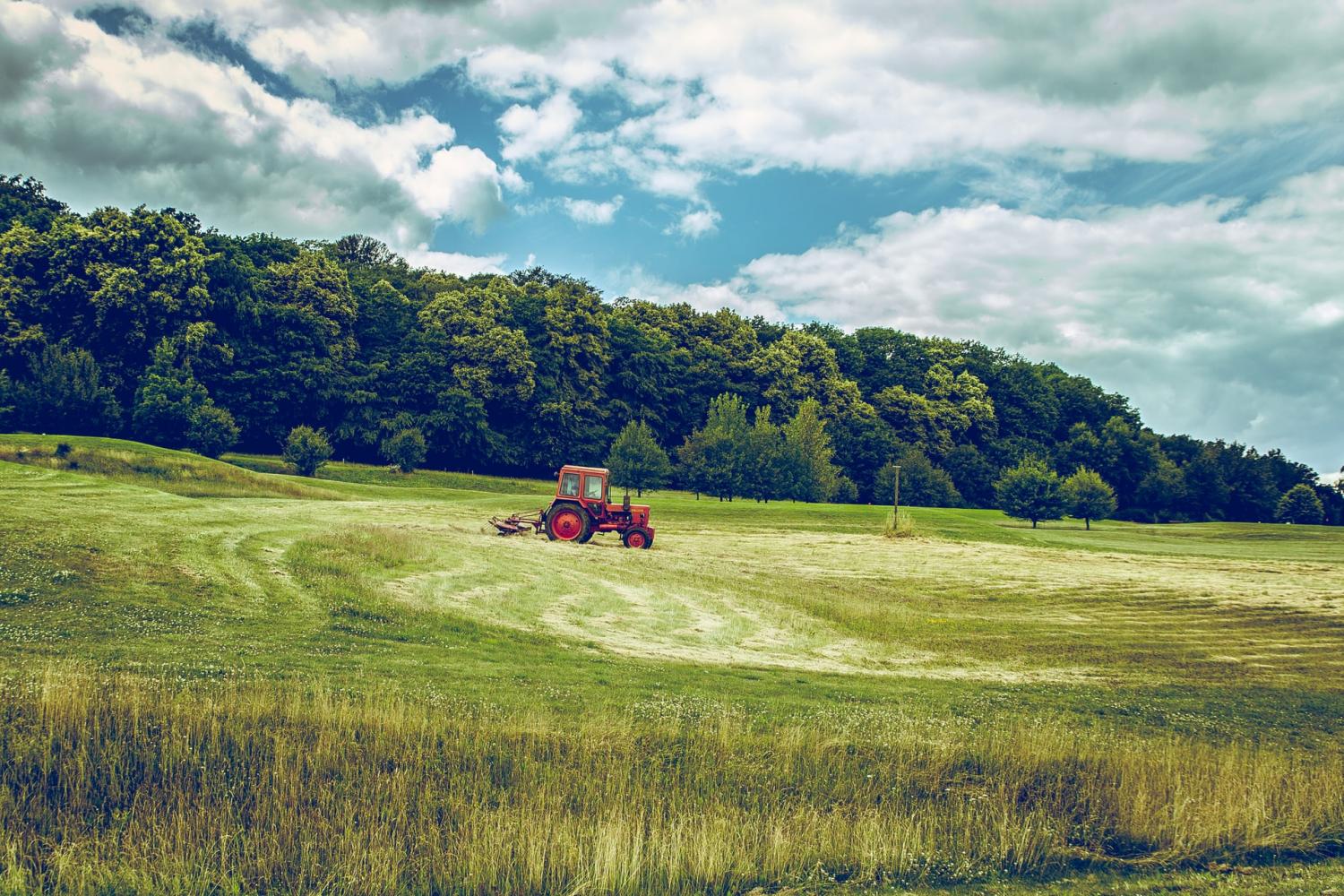
The novel coronavirus pandemic has laid bare the weaknesses in our global food system, a wake-up call to the food and agriculture industry and to governments grappling with growing hunger. The number of people facing acute food insecurity is estimated to double to 265 million in 2020, as a result of the economic impact of COVID-19, according to the United Nations World Food Program.
“Food systems have shown to be universally at risk of COVID and measures to contain the virus,” says David Nabarro, co-director of the Imperial College Institute of Global Health Innovation at the Imperial College London and COVID-19 Special Envoy to the World Health Organization. “They are not fit for purpose. They don’t serve the farmers adequately. They don’t respond to the needs of poor people who are hungry and at risk of malnutrition, particularly women and children. And they are also far too long and too easily disrupted.”
The quest for a more sustainable global food system
Nabarro’s remarks were part of a recent webinar, "Build Back Better: Ensuring Global Food Security and Accelerating a Resilient Recovery in the Face of COVID-19,” hosted by the World Resources Institute (WRI) and The Food and Land Use Coalition, a community of organizations and individuals committed to transform the global food system. WRI convened the experts to provide insights about how to shift to a more sustainable and equitable model after COVID-19.
In April, the Coalition published a Call to Action for World Leaders, signed by 60 heads of state, to prevent a world food security crisis. Its three recommendations were to keep the supply of food flowing across the world and to maintain open trade; scale support to the most vulnerable and ensure access to nutritious, affordable food for all; and invest in sustainable, resilient food systems.
Nabarro, who has been warning countries to take the virus seriously, said that while the pandemic has revealed serious vulnerabilities related to food systems and nutritional outcomes, “we have an enormous window of opportunity."
"COVID is showing us some of the challenges that have to be addressed as the world works out how to be resilient in the face of this crisis,” he said.
The food supply chain isn’t working for the current crisis
Part of that resilience will have to come from new forms of innovation and shorter, more agile supply chains. Social entrepreneur Ndidi Okonkwo Nwuneli, managing partner and co-founder of Sahel Consulting, a private equity and investment advisory firm working with agriculture policies and strategies in West Africa, noted at the WRI webinar that she has seen this innovation on the ground in West Africa.
“Companies in the region are embracing technology and innovation like never before. They can reach their consumers directly through online services using their phones, and we are seeing farmers adapt, using their cellphones to get information. Technology is exploding everywhere," Nwuneli said. "We’re seeing shortened value chains, and a lot of entrepreneurs are pivoting. For example, one entrepreneur which made biscuits has switched to making bread, which is seen as something people have to eat on daily basis. And we’re seeing a lot more collaboration and data sharing. Entrepreneurs are committed to survival."
She noted that while 50 percent of entrepreneurs in the food and agriculture industry have either shut down temporarily due to raw material shortages or are struggling to sustain their operations, the other half “have pivoted quite rapidly.”
Such agility will be necessary with the impact of the pandemic expected to increase the number of people at risk of a food insecurity and malnutrition in West Africa from 17 million to 50 million people between June and August 2020, according to the Economic Community of West African States (ECOWAS).
Food insecurity is a huge risk
Already fragile food ecosystems like those in sub-Saharan Africa are paying a steep price for the economic repercussions of the pandemic, but this is a worldwide phenomenon. Claudia Martinez of Colombia, director of E3 Asesorias and a board member of the Green Climate Fund, told attendees that 50 percent of Colombians did not have enough food for a healthy life pre-COVID, and this has worsened during the crisis. Hunger affects 42 million people in Latin America and the Caribbean.
An unexpected silver lining of the crisis is an opportunity to rethink the food system to make it more resilient in the face of future shocks. Public- and private-sector partners across the food and agriculture industry will be expected to have some answers ready for next year’s Food Systems Summit of 2021, convened by the United Nations to articulate and adopt an actionable, integrated plan for a transformation of the global food system. Particularly when it comes to protecting the most vulnerable facing food insecurity, the pressure will be on for real, lasting changes to the status quo.
Asked how he would address the most vulnerable in the food system, Nabarro said: “About nine months ago, I would have said this is about values and our mindset, but inequity creates conditions which lead to the likelihood of contagion and sickness. We’ve seen this with many other contagions but now it is smacking us right in the face that it will not be possible to live in a way that enables societies to continue and economies to recover as long as COVID is enabled to continue to go on because we tolerate massive inequity. The starting point is, we’ve got no choice, but the second point is, we know how to do it.”
Image credit: Emiel Molenaar/Unsplash

Based in Florida, Amy has covered sustainability for over 25 years, including for TriplePundit, Reuters Sustainable Business and Ethical Corporation Magazine. She also writes sustainability reports and thought leadership for companies. She is the ghostwriter for Sustainability Leadership: A Swedish Approach to Transforming Your Company, Industry and the World. Connect with Amy on LinkedIn and her Substack newsletter focused on gray divorce, caregiving and other cultural topics.














